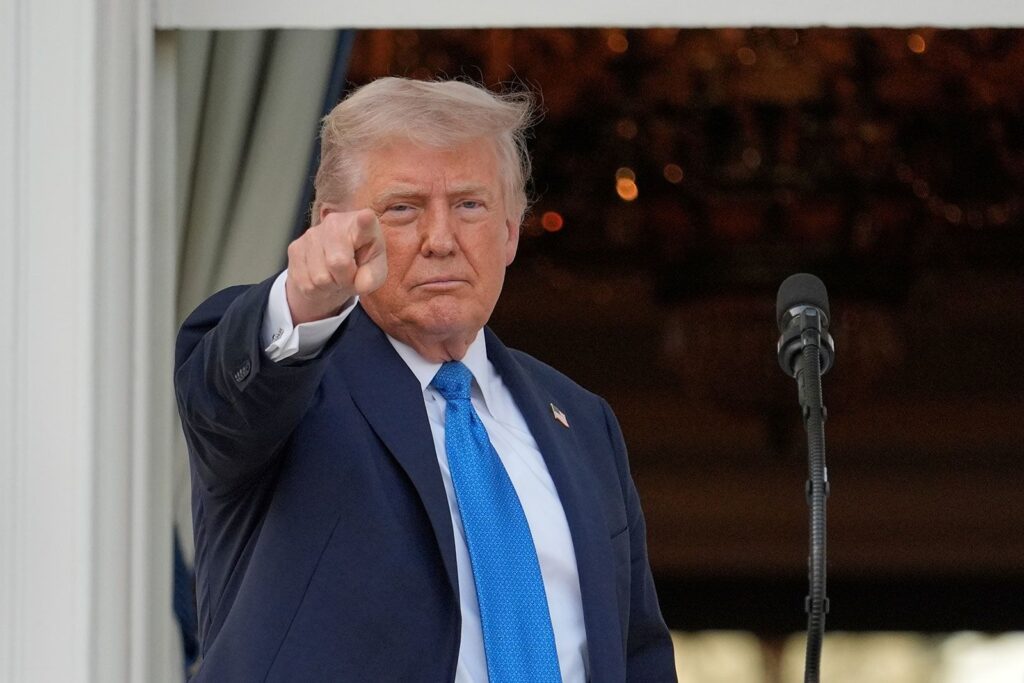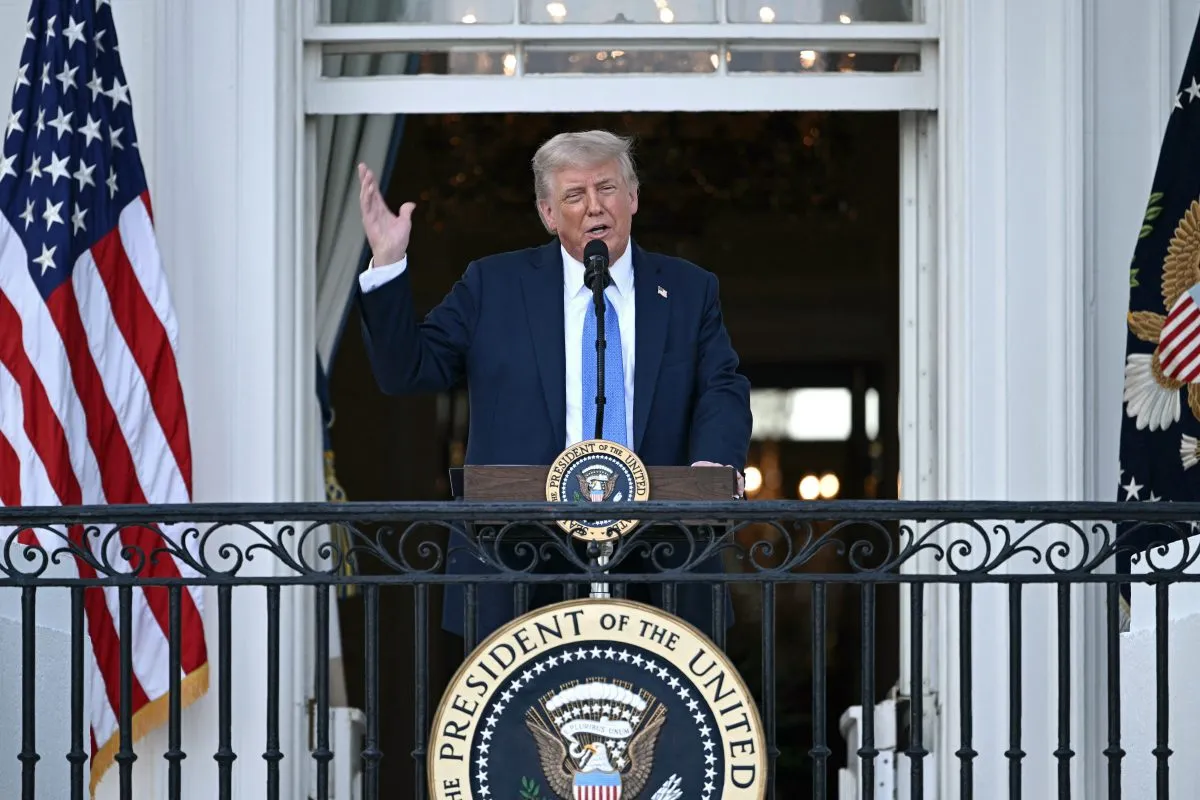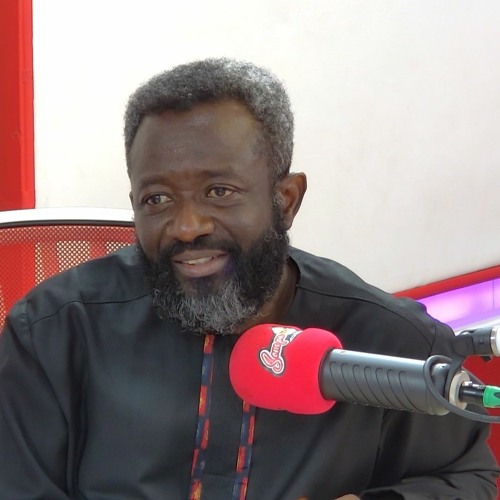Amid heightened tensions in the Middle East, Iran has announced its willingness to end military strikes on the condition that Israel also halts its attacks. The statement was made on Monday by Iranian government officials in Tehran, sparking hope for a de-escalation in a conflict that has gripped global attention in recent days.
“If Israel stops its attacks, Iran will also bring an end to its strikes,” said an Iranian government spokesperson during a press briefing. The announcement follows a series of violent exchanges between the two nations, culminating in a night of heavy bombardment over Tehran that extended into the early hours of Monday.

The offer from Iran coincides with remarks from U.S. President Donald Trump, who said that a “complete and total ceasefire” between Iran and Israel is expected to take effect “within hours.” However, official confirmation from either Israel or Iran regarding a mutually agreed ceasefire has yet to be issued.
The escalating confrontation took a sharp turn after Iran launched a missile barrage at the U.S.-run Al Udeid Air Base in Qatar in retaliation for Israeli-led strikes on Iranian nuclear facilities. President Trump downplayed the severity of Iran’s response, describing it as “very weak” and emphasizing that there were no casualties among U.S. or Qatari personnel. “We appreciate the early notice Iran gave, which helped us intercept the attack and ensure the safety of everyone on base,” Trump said in a televised statement from the White House.
Qatari authorities confirmed that all incoming missiles were successfully intercepted, labeling the attack a “flagrant violation” of regional peace and stability. “Qatar condemns all actions that threaten to widen conflict in the region,” the statement read.
Tensions have been building rapidly since U.S. airstrikes struck three nuclear facilities in Iran just two days ago—a move that drew sharp rebukes from Tehran and triggered threats of retaliation. Saturday’s airstrikes were reportedly part of a coordinated effort between Washington and Jerusalem to curtail Iran’s nuclear development program.

Despite the high alert status across several Middle Eastern capitals, diplomats and regional observers are cautiously optimistic that Iran’s conditional ceasefire statement could pave the way for negotiations. Several global powers, including France, Germany, and China, have urged both Iran and Israel to exercise restraint and prioritize dialogue over further military action.
As of now, Israeli officials have made no public statement in response to Iran’s ceasefire condition, leaving the international community anxiously awaiting developments. Whether this opportunity for peace holds or collapses under renewed aggression remains to be seen.
With both Tehran and Jerusalem under pressure to avoid a full-scale war, all eyes are on their next moves—and on whether the ceasefire can become a reality or another missed moment in Middle Eastern diplomacy.




